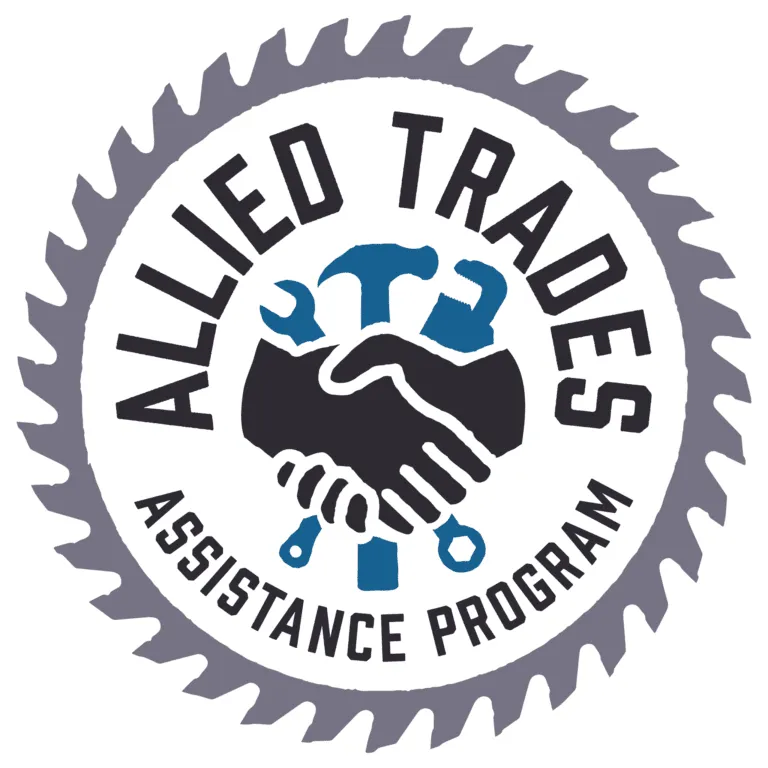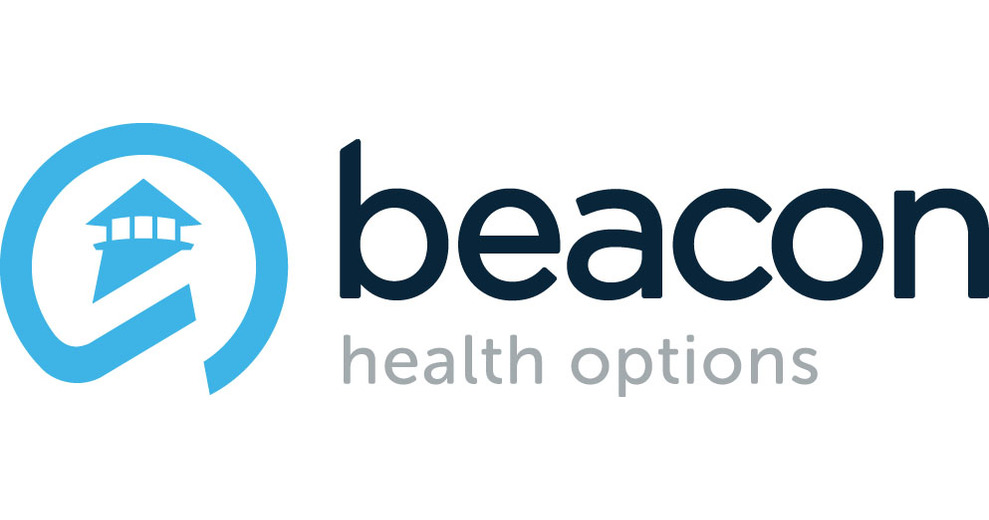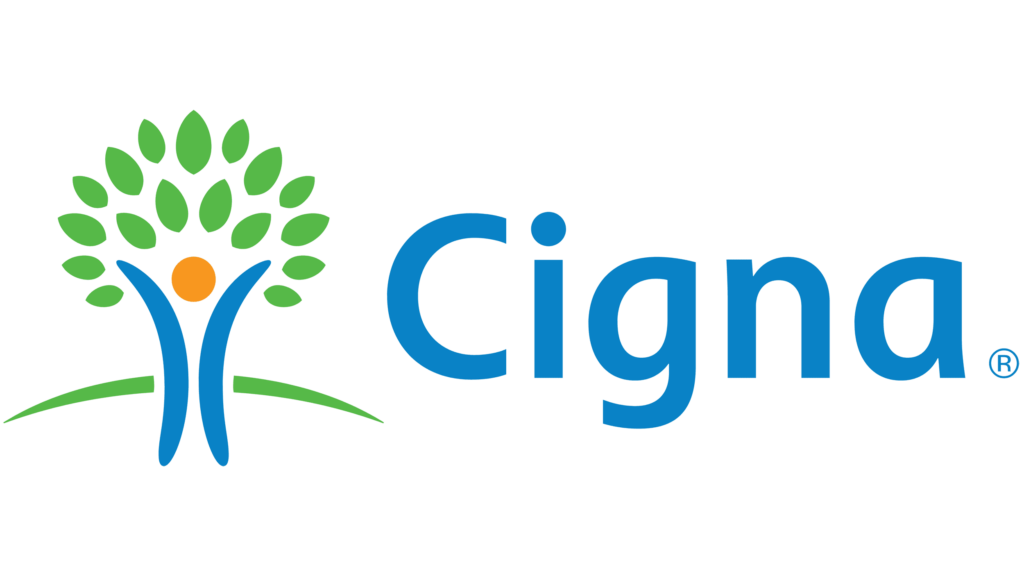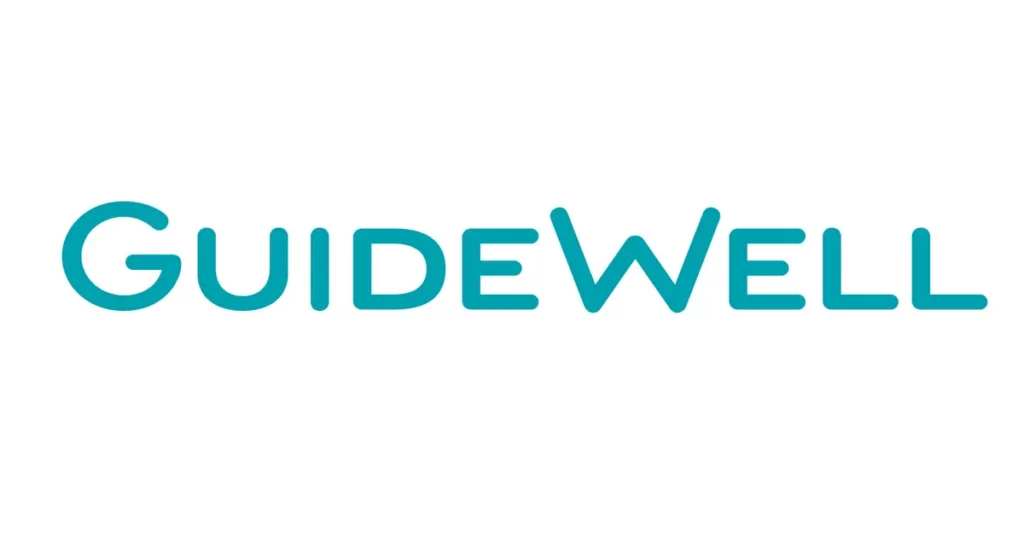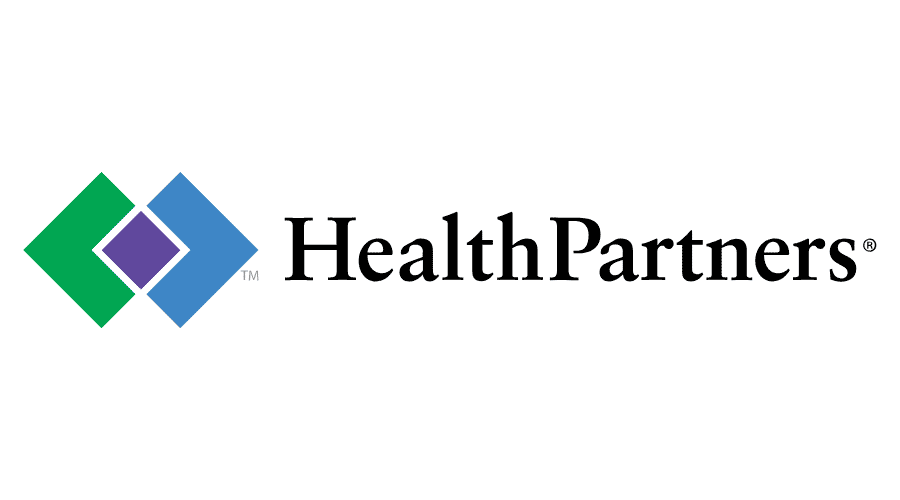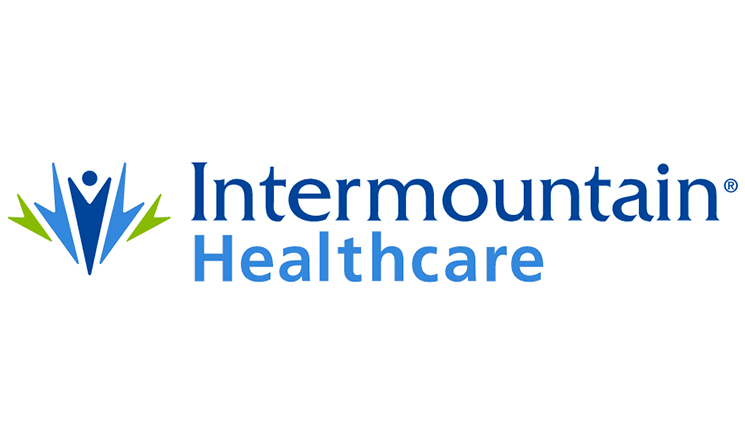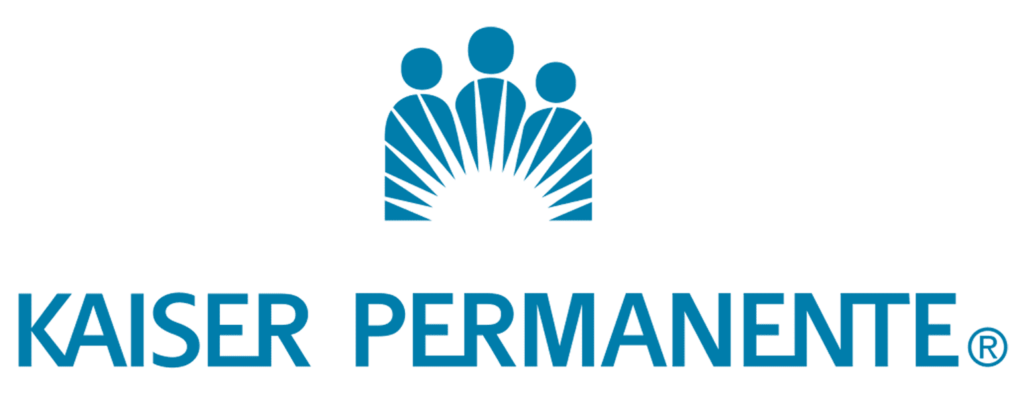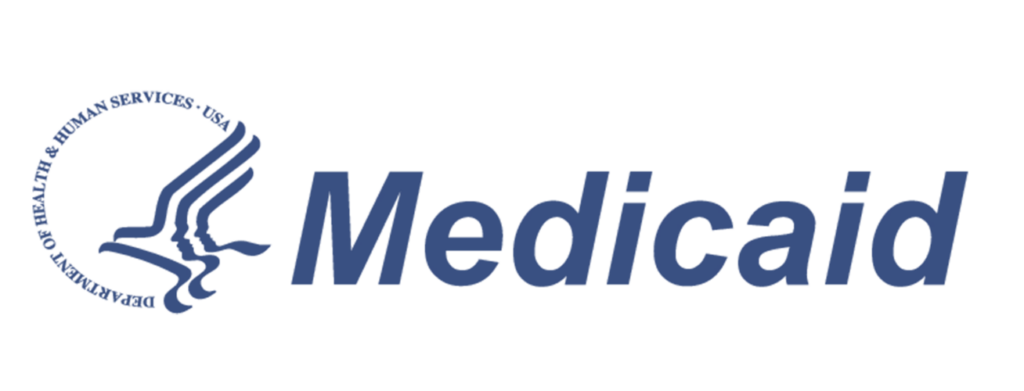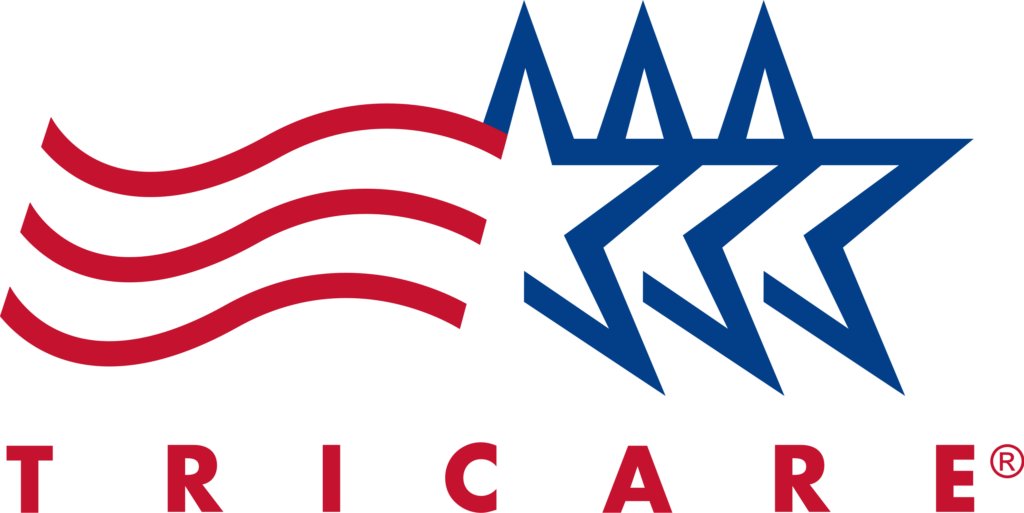INSURANCE THAT COVERS REHAB
If you have insurance from any of the major providers listed below, some or all of your treatment may be covered. Click into your specific policy provider and find a rehab center that is covered by them. Contact that rehab directly to have them run a confidential, no-cost verification of your benefits so you or a loved one can get help today.
Featured Treatment Centers
Understanding your insurance coverage for rehab is crucial for accessing needed addiction treatment, especially when considering insurance that covers rehab. This guide will answer whether your insurance covers rehab, what types of treatments are included, and how to verify your policy.
Key Takeaways
Health insurance coverage for rehab varies significantly based on individual policies, state regulations, and whether services are in-network or out-of-network.
Rehabilitation services must be included as essential health benefits under the Affordable Care Act, ensuring access to mental health and substance abuse treatment.
Alternative payment options such as scholarships, sliding scale fees, and state-funded programs are available for individuals seeking rehab without insurance.

Understanding Rehab Insurance Coverage
Grasping the nuances of rehab insurance coverage is crucial for accessing drug and alcohol rehab services. Health insurance plans generally cover the costs associated with substance use treatment and various forms of mental health treatment. The specifics of this coverage, however, depend on the individual needs of the patient and the details of their insurance policy.
Rehab insurance coverage typically includes services aimed at treating alcohol addiction, but the extent of coverage can vary significantly based on the specific insurance plan and the treatment needed. It’s important to review your individual policy to understand coverage details, limitations, and exclusions before entering treatment.
Key terms and the role of the health insurance marketplace are fundamental in grasping how insurance coverage works for rehab.
Key Terms in Insurance Coverage
Several key terms are pivotal in grasping insurance coverage for rehab. Out-of-pocket costs, such as premiums, deductibles, and copayments, can impact the overall affordability of rehab treatment. Coordination of benefits is another critical term, referring to the process where multiple health insurance providers cover one person’s costs, ensuring that the insured does not receive more than the actual expenses incurred.
Even with dual insurance coverage, out-of-pocket costs may still apply; understanding how each plan coordinates can help mitigate these expenses. Knowing these terms helps in navigating the financial aspects of rehab insurance coverage effectively.

Types of Insurance That Covers Rehab
Various insurance plans provide coverage for rehab, each offering different levels of support for addiction treatment. The primary categories are private health insurance and government programs. These include Medicaid and Medicare. Often, these plans cover common addiction treatments such as inpatient rehab, outpatient services, and various support services.
Coverage specifics can vary significantly based on the plan and individual needs. The Health Insurance Marketplace mandates that insurance plans cover addiction treatment services as essential health benefits, thereby enhancing access to rehab services.
Private Health Insurance Plans
Private health insurance typically covers a range of rehab services, including therapy and outpatient treatments. However, specific coverage for rehab services can differ depending on the individual insurance plan. Some plans cover out-of-network services at a reduced reimbursement rate, resulting in higher out-of-pocket costs compared to in-network services.
Plan administrators and addiction treatment facility staff can assist in understanding rehab coverage and navigating the complexities of your insurance policy.
Medicaid Coverage for Rehab
Medicaid, a government-funded healthcare program for low-income individuals, typically covers outpatient rehab services. This includes counseling, therapy, and medication management for alcohol addiction. Many states provide low-cost addiction treatment options and financial support for individuals lacking insurance for rehabilitation.
Individuals can learn about their state’s Medicaid coverage for drug rehab by contacting the local Medicaid office. Alternatively, they can also check the official website for detailed information.
Medicare Coverage for Rehab
Medicare Part B covers outpatient rehab services, including vital counseling and therapy sessions. The coverage for outpatient alcohol rehab specifically includes mental health services like counseling and therapy sessions.
Medicare provides comprehensive coverage for outpatient rehab services, focusing significantly on counseling and therapy.

Factors Influencing Insurance Coverage for Rehab
Several factors affect insurance coverage for rehab, such as the individual plan, state regulations, and in-network vs. out-of-network providers. Coverage extent can also be influenced by the policy’s behavioral health benefits, the rehab provider, and specific needs. Grasping these factors is vital for anticipating potential out-of-pocket costs and avoiding unexpected expenses.
Provider restrictions, treatment days, facility types, and outpatient requirements can impact insurance coverage for drug and alcohol rehab. These considerations are essential when choosing a rehab facility and planning for treatment.
In-Network vs. Out-of-Network Providers
In-network coverage refers to services offered by healthcare providers favored by the insurance network. These services usually have lower out-of-pocket costs for insured individuals. Benefits of in-network coverage include higher coverage rates and lower out-of-pocket costs. Out-of-network coverage refers to services offered by healthcare providers outside of the insurance network. This means these providers do not have a contract with the insurance company.
The key difference is that in-network typically offers more cost-effective rates and better coverage. Choosing in-network providers can significantly reduce your rehab costs.
Pre-Authorization Requirements
Pre-authorization for drug and alcohol rehab services is the insurance company’s approval before starting treatment. Many insurance plans require pre-authorization to confirm that rehab services are medically necessary before treatment begins. This process ensures the treatment is covered and necessary.
When navigating pre-authorization, inquire about requirements and the approval process. This step is crucial to avoid any surprises regarding coverage.
State-Specific Insurance Regulations
State laws significantly influence the specifics of insurance coverage for rehab, including the number of covered treatments. Medicaid coverage for drug rehab varies by state and specific program. Understanding state-specific regulations and Medicaid variations helps patients navigate their rehab coverage options effectively.
Individuals can obtain valuable information about covered services, limitations, and access processes from their local Medicaid office.
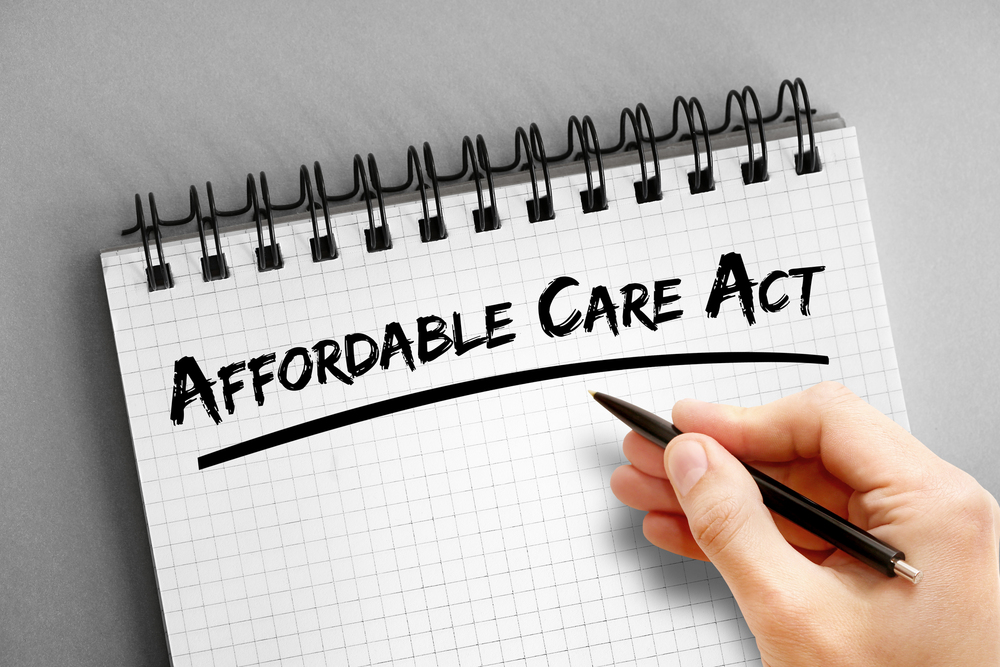
Essential Health Benefits Under the Affordable Care Act
The Affordable Care Act mandates that health insurance plans provide some level of substance abuse treatment coverage. Mental health and substance abuse treatment must be included as essential health benefits in marketplace plans. This ensures access to critical care and support, including behavioral health treatment. Services typically covered under substance abuse treatment include detoxification, inpatient and outpatient rehabilitation programs, counseling, and medication-assisted treatment.
Understanding these essential health benefits is vital for accessing comprehensive rehab services and ensuring coverage under your health insurance plan.
Mental Health Parity and Addiction Equity Act
The Mental Health Parity and Addiction Equity Act requires insurance companies to provide mental health and addiction treatment coverage equal to physical health coverage. This ensures all mental health conditions are covered without specific limitations, promoting broad access to necessary treatments.
For specific questions about mental health coverage, contact your plan administrator for clarification. This act significantly promotes health equity and ensures comprehensive rehab insurance coverage.
Prescription Drug Coverage for Addiction Treatment
Most insurance plans provide coverage for medications used in addiction treatment. Medicare Part D covers prescription medications, including those related to substance abuse treatment. Prescription drug coverage is critical for effective addiction treatment, facilitating access to necessary medications.
Comprehensive medication coverage is vital for individuals seeking recovery through medication-assisted treatment (MAT). It ensures individuals receive the medications needed to manage withdrawal symptoms and support their recovery journey.
Verifying Your Insurance Coverage
Verifying insurance coverage before seeking rehab treatment is crucial for understanding included services and potential out-of-pocket costs. To verify insurance coverage for rehab, find a rehab that accepts your specific policy and then contact them directly to run a confidential, no-cost verification of your benefits.
Understanding Coverage Limitations and Exclusions
Limitations may include restrictions on the types of facilities and the number of covered treatment days. Review your Medicare plan for drug rehab coverage to understand specific coverage details and limitations. Typically, most insurance plans cover maintenance medications.
Understanding these limitations and exclusions aids in planning and avoiding unexpected expenses during rehab treatment.
Alternative Payment Options for Rehab
Alternative payment options for rehab services are essential when insurance coverage is limited or unavailable. Various alternative payment options include financing plans, sliding scale fees, scholarships, grants, and payment assistance programs. Government agencies, nonprofits, and community organizations often offer different types of payment assistance programs for drug and alcohol rehab.
Individuals seeking rehab without insurance can find free or low-cost programs through local community resources. These options ensure access to necessary treatment regardless of financial situation.
Financing Plans and Sliding Scale Fees
Financing plans in rehab services allow for flexible payment over time, often in installments. Sliding scale fees are based on individual income and ability to pay. These alternatives are important for rehab as they make treatment more accessible for those without insurance.
Contact rehab facilities directly to inquire about financing plans. Exploring these options can alleviate the financial burden of rehab treatment.
Scholarships and Grants for Rehab
Various facilities offer scholarships to help cover a portion of treatment costs. These scholarships aim to alleviate the financial burden of rehab treatments for individuals seeking help. Various rehab facilities offer these scholarships to make treatment more accessible.
Learn about scholarship and grant opportunities by researching and directly contacting rehab facilities. This proactive approach can significantly reduce rehab costs and make it possible for more people to seek help.
Seeking Help Without Insurance
Seeking rehab without insurance can be challenging, but multiple resources are available for accessing necessary treatment. Federal, state, and local assistance programs, including SAMHSA grants, offer financial support for substance abuse treatment. Additionally, scholarships and grants offered by rehab facilities can help cover treatment costs, making rehab more accessible.
Free rehab programs and state-funded options are available for individuals seeking help with addiction without insurance. These programs aim to ensure that lack of insurance does not become a barrier to accessing vital treatment services.
It’s essential to explore all available resources and support options to make informed decisions about insurance that covers rehab. By doing so, individuals can find the necessary help to start their recovery journey.
Frequently Asked Questions
Most health insurance plans that cover rehab are private health insurance, Medicaid, and Medicare. It’s essential to check your specific policy for coverage details.
To verify your insurance coverage for rehab services, directly contact your insurance provider, review your policy documents, and inquire about any pre-authorization requirements and coverage limitations. This will give you a clear understanding of your benefits.
Choosing in-network providers for rehab services can significantly reduce your out-of-pocket expenses and provide higher coverage rates, making quality care more accessible. This financial advantage is essential for managing the costs associated with recovery.
If your insurance does not cover rehab, you can explore financing plans, sliding scale fees, scholarships, grants, and payment assistance programs as viable alternatives.
There are free and state-funded rehab programs, along with community resources and support groups, available for individuals seeking help without insurance. These options can provide the necessary support for recovery.



